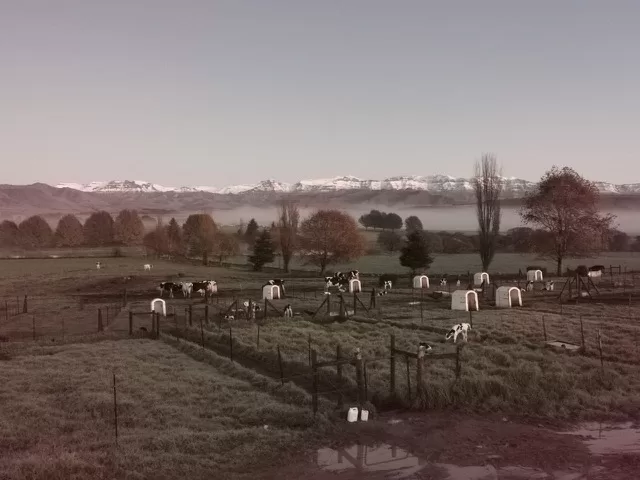In the shadow of South Africa’s great escarpment, the Ngwangwana river meanders east towards the Indian Ocean through a valley green and fertile. The banks are lined with weeping willows alive with the twitter of busy weaver birds, and beneath the sparkling surface, if you stand with the light just right, you can see rainbow trout. The soil is dark and rich. No wonder my parents sold everything, cashed in their meager life savings, and borrowed enough money from the...

